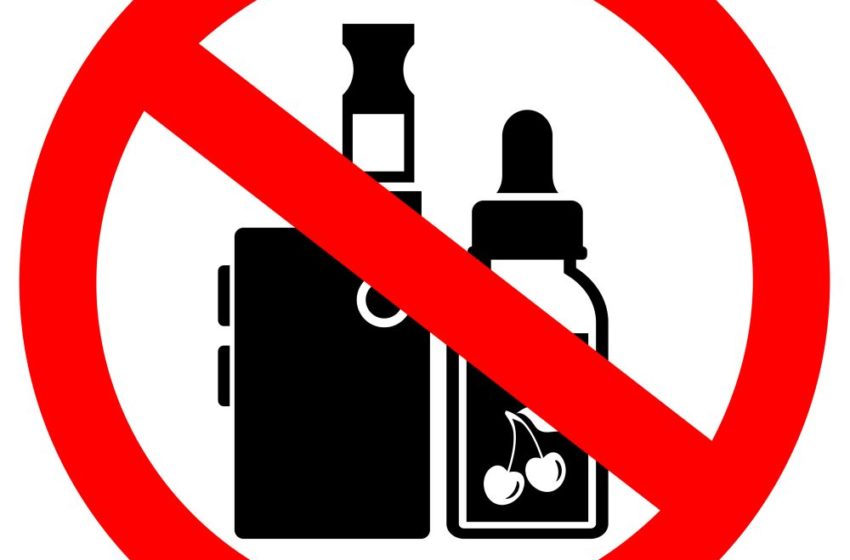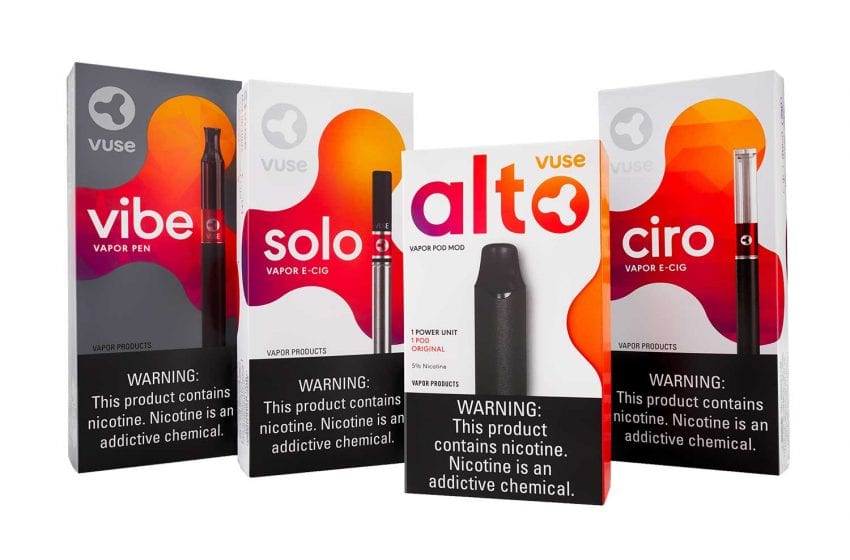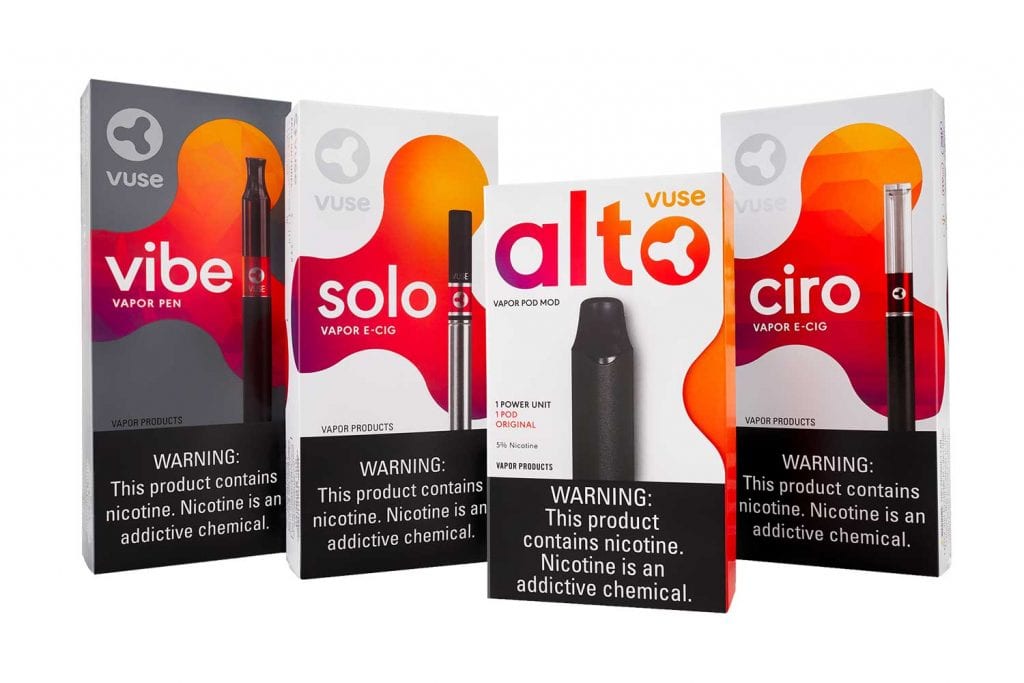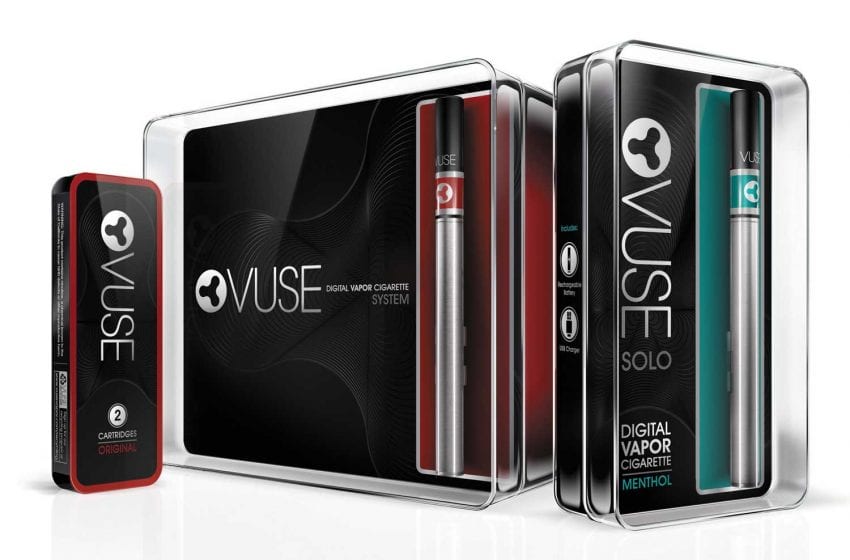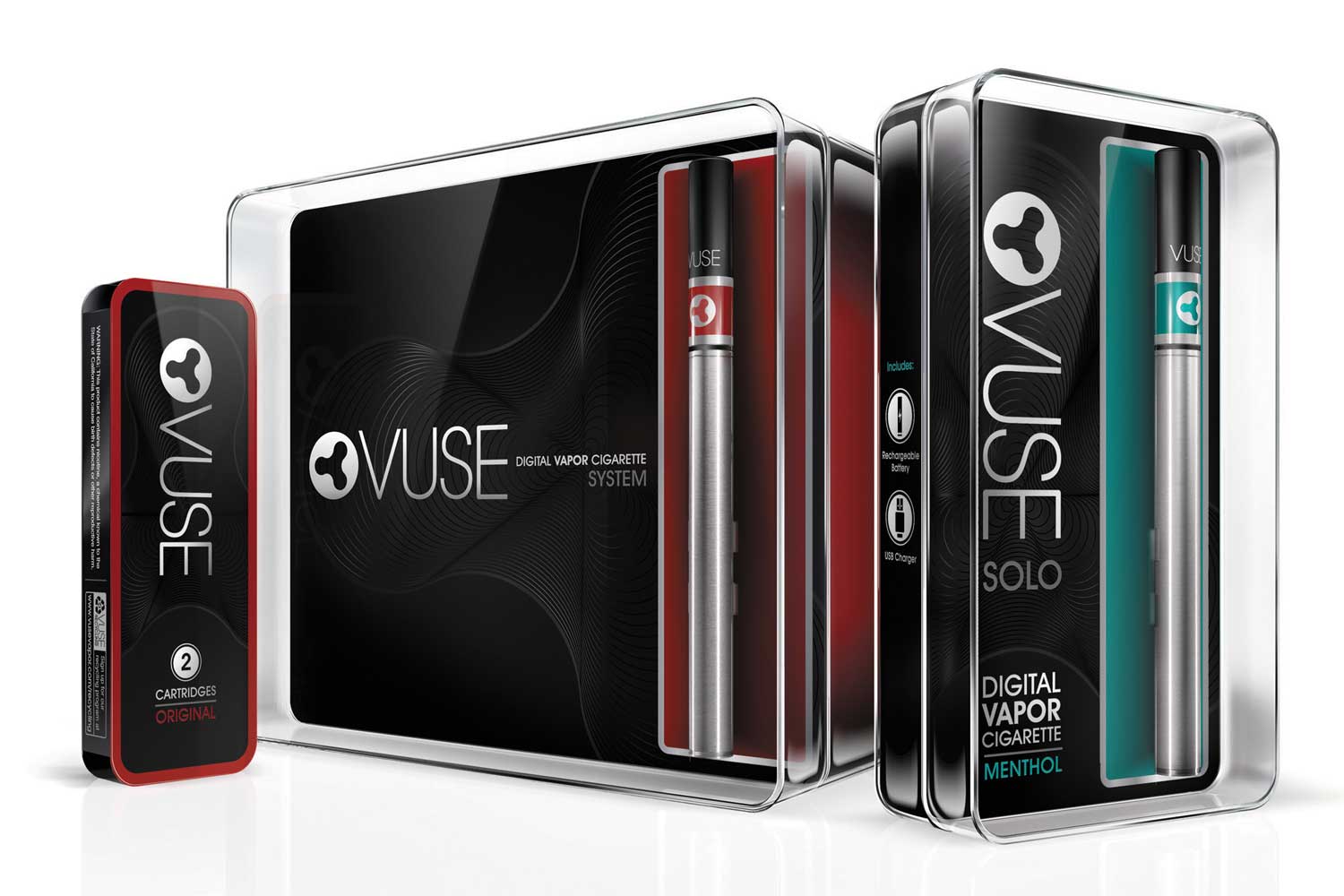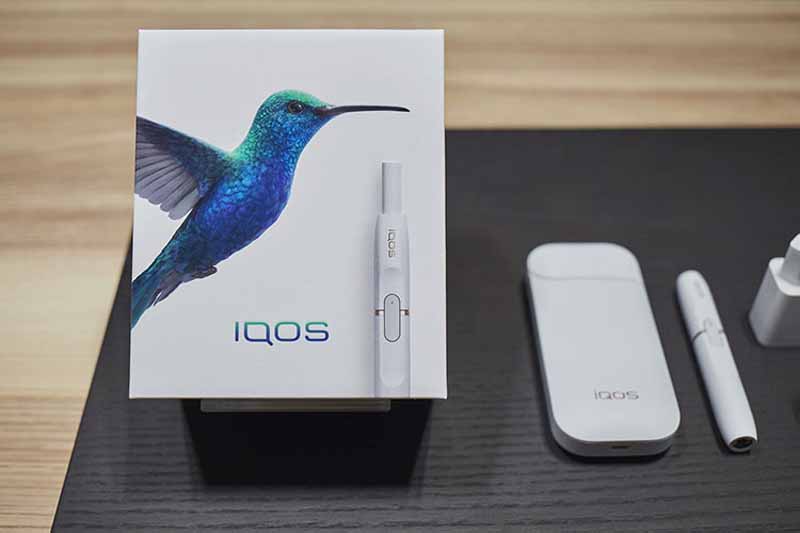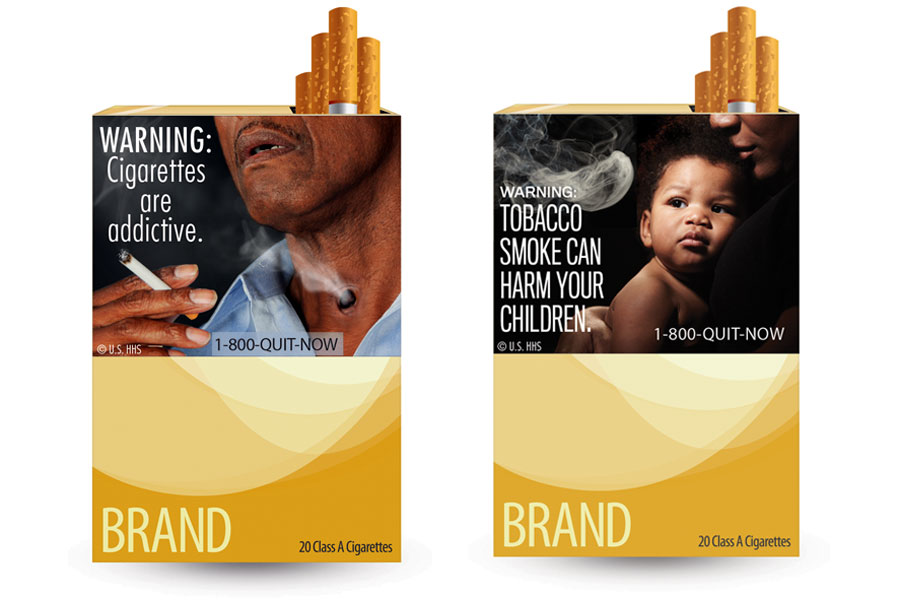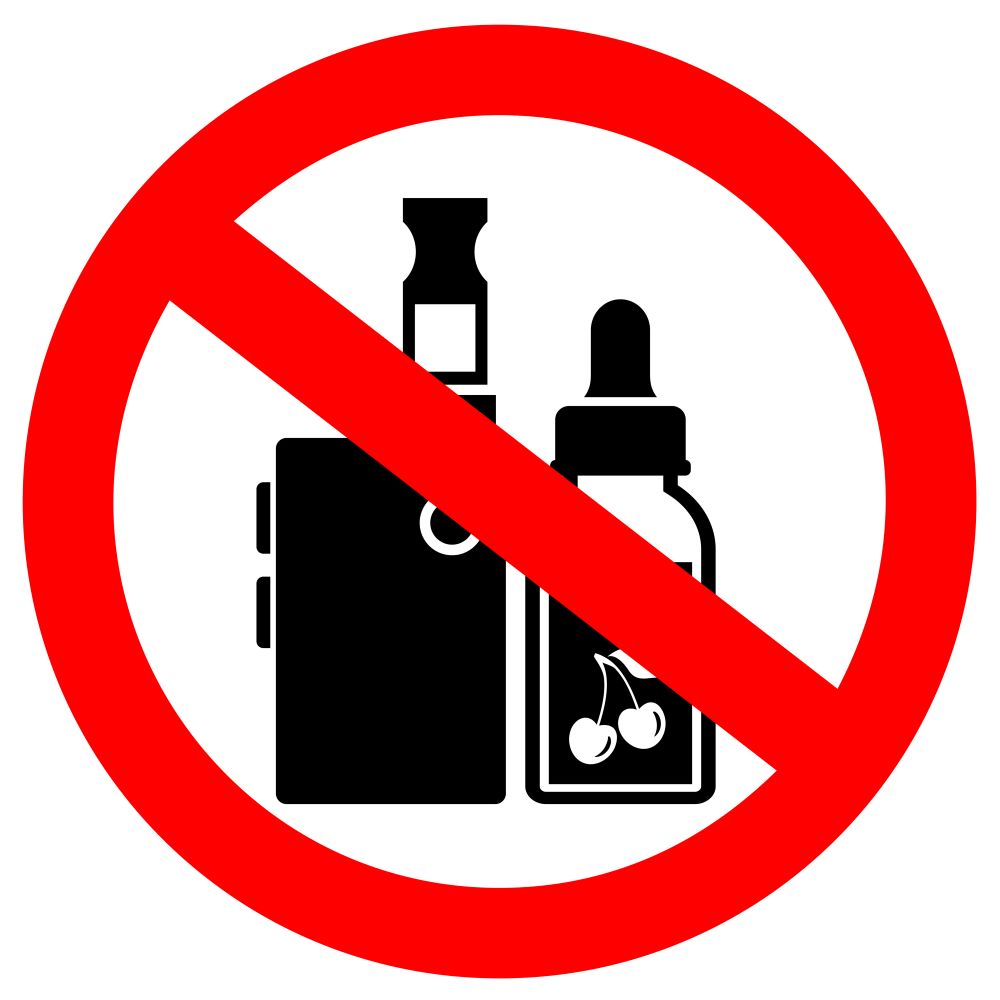
R.J. Reynolds has threatened to sue several small vape shops in New Jersey and Alabama if they continue selling favored vaping products.
Letters sent by Reynolds and obtained by STAT warn the retailers that failure to comply could result in “legal action and the costs, attorneys’ fees and adverse publicity.”
The letters also warn that the shops are violating local laws regulating the sale of flavored tobacco.
The New Jersey letter copied the county prosecutor where the vape shop is located in an apparent attempt to notify the local authorities of the violation.
The letters are the latest step in Reynolds’ campaign to force a crackdown on illegal vaping products.
In the article, Clive Bates, a tobacco harm reduction advocate, criticized Reynolds.
“I do not think Reynolds should be hounding vape shops for selling lifesaving products to their regular customers,” Bates wrote in an email to STAT. “It should not be picking on little guys but pressing federal bureaucracies to do their job and do it better.”
In February, Reynolds affiliate RAI Services Co. submitted a citizen petition asking the U.S. Food and Drug Administration to adopt a new enforcement policy directed at flavored “illegally marketed disposable electronic nicotine-delivery system” products.
The petition was filed on Feb. 6 and posted by the FDA to Regulations.gov for public comment on Feb. 8.

